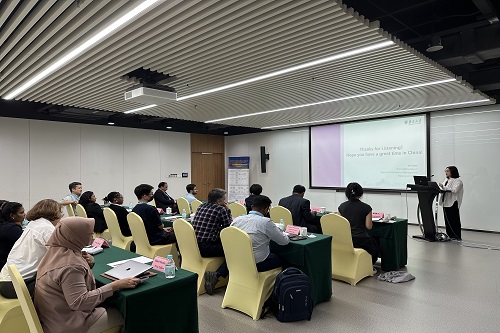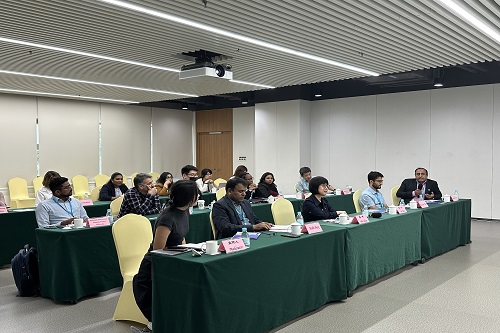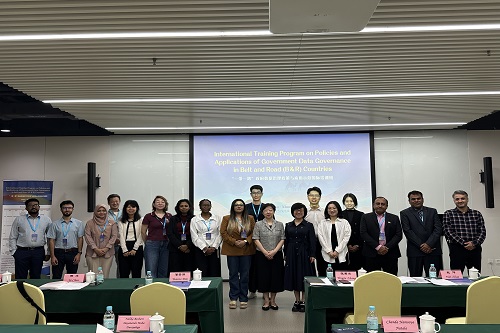Lecture on the Development and Evolution of Theories and Practices of Government Data Governance by Prof. Ye Chen, Nanjing University, Nanjing on 16 Sep. 2025 at XiongAn China
I recently participated in a 2-Weeks training at XiongAn, China. Following are some details on the lecture titiled 'Lecture on the Development and Evolution of Theories and Practices of Government Data Governance' delivered by Prof. Ye Chen of Nanjing University.



The lecture first introduced the evolution of government data governance (GDG), explaining its shift from fragmented "data dilemmas" toward governance innovation supported by technology, policy, and institutional reform. It outlined theoretical foundations drawn from public governance, data science, systems theory, and data flow theory, showing how GDG differs from traditional government information management by emphasizing openness, sharing, collaboration, and value creation. The practice evolution was traced through four stages: document management, information management, data resource management, and finally data asset management, reflecting a growing recognition of data as a strategic asset central to governance modernization.
The second part of the lecture presented international experiences, highlighting how the EU, US, UK, and others have developed institutional frameworks, open data platforms, and data security measures such as data spaces, zero trust strategies, and federated analysis. The role of Chief Data Officers in capacity building and digital literacy was emphasized across countries.
The lecture also included a discussion on China's practices, showing a path described as policy-driven, locally innovative, and security-oriented. National strategies and local initiatives (e.g., Shanghai, Chengdu, Guizhou, Hainan) were showcased, focusing on models for data security, sharing, circulation, and authorized operations-including the use of blockchain, privacy computing, and federated learning. These efforts demonstrate China's move from simple openness to authorized operation and value realization, while balancing security and innovation, and contribute valuable experience to the global data governance community.
Context:A two weeks training titled "International Training Program on Policies and Applications of Government Data Governance in Belt and Road (B&D) Countries" (14-28 September, 2025) was held at XiongAn New Area, China. The training was hosted by the Department of International Cooperation of the Ministry of Science and Technology, organized by Institute of Scientific and Technical Information of China (ISTIC) and co-organized by UNESCO-IFAP China National Committee, UNESCO IFAP Information for Development Working Group (IDWG) and XiongAn Group Digital City Company.
The training included 14 participants from eight countries-China, Pakistan, Sri Lanka, Brazil, Kazakhstan, Zambia, Iran, and Indonesia-representing a wide range of expertise, including public administration, computer science, international relations, environmental science, data governance, industrial management, information science, and international communication.



